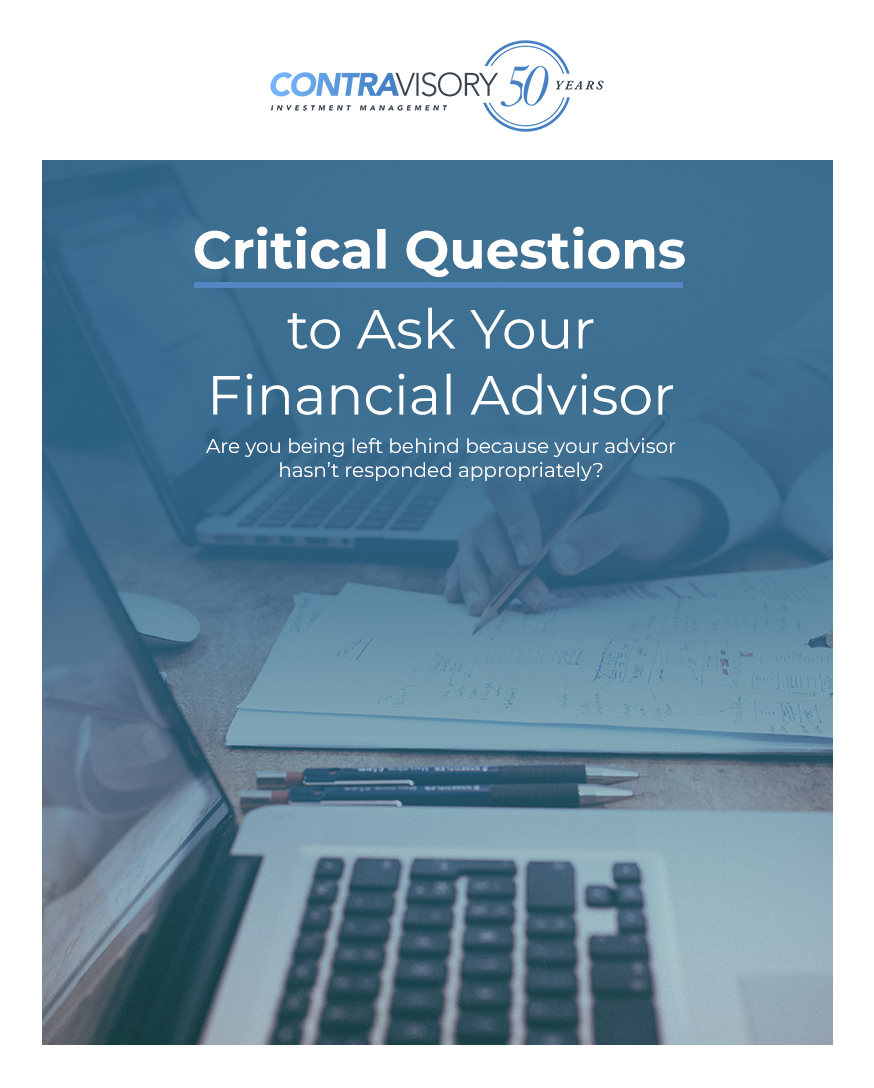As I came up out of the subway in New York City, I realized I was at the beginning of Wall Street. Looking up the street I was absolutely awed to see the lineup of limousines. In Boston at the time there were no limousines. There –on Wall Street- they seemingly were everywhere! To a poor Irish kid from Boston the cars, and their chauffeurs, represented great wealth … wealth I knew that had been created in the stock market. It was the fall of 1965 and the market had been going up since the end of World War II … close to 20 twenty years. And I was 21.
In fact, using the phrase “Wall Street” then was an axiomatic reference to the stock market. Business ownership, then as now, was at the very foundation of our economy. It was the wealth-creating activity. And equities represented individual ownership in these businesses. Because of this great wealth creation, all of the investment firms in the 1960s were run by individuals with equity backgrounds. It was their visible wealth that I was staring at that day.
But during this time frame that the stock market was going up, the bond market was actually going down … significantly. Rising interest rates – and declining bond market values - were being driven by rising inflation which had been caused by massive federal deficit spending. It was known as a policy of guns (Viet Nam) and butter (welfare). The rampant inflation that had been created by the government in 1960s through the 1970s caused Fed Funds to go from a low of 1% in 1945 to 15% by 1982.
In 1982 the wealth-creating equity world of 1965 would be changed on Wall Street. And so would the limousine owners! Paul Volker, then Federal Reserve chairman, began cutting interest rates. The debt market had been trapped in a SECULAR bear market since 1945. Secular generally refers to worldly matters as opposed to religious. But it is the second definition of secular that I am referring to; and that is something that lasts or occurs for an indefinitely long period of time. That time from 1945 to 1982 would prove to be for 37 years … truly a secular bear market!
The Fed cut interest rates in 1982. It would be transformative for the fixed income market. The wealth-creating world of the equity business changed to the rent-seeking model of the fixed-income world. Rent-seeking is a principle of economics. In economic theory there are two ways of getting rich. You either create a business … or you can essentially appropriate a portion of an existing business. That is called rent-seeking. It is the redistribution of previously produced wealth. There is a huge difference between a wealth-creation business and a money exchange business such as the bond market.
As we all know, the fixed income secular bull market went on to tremendous excess ultimately producing the debt crisis of five years ago. Fed Funds are now back to less than 1% … as they were in 1945. Which asset class would you rather own? One that is about to go into a secular BEAR market. Or one that is already five years into a secular BULL market. My choice would be equities.
-Francis Patrick Boland
Request Your Free Guide
Ensure your advisor is responding properly to changing market conditions.



